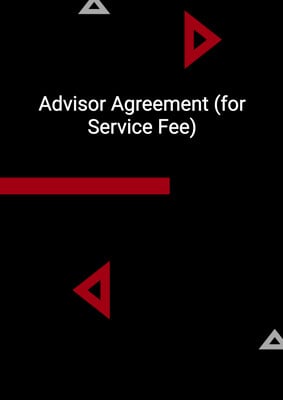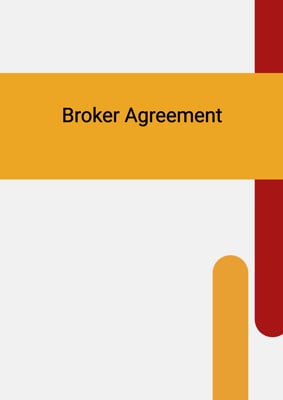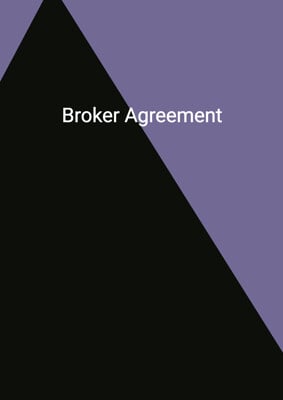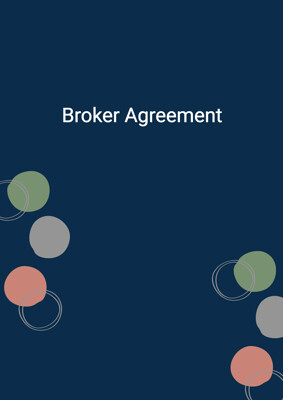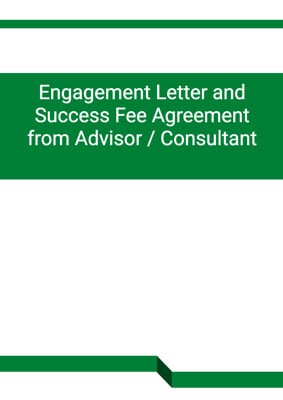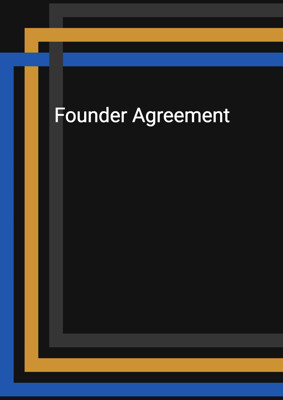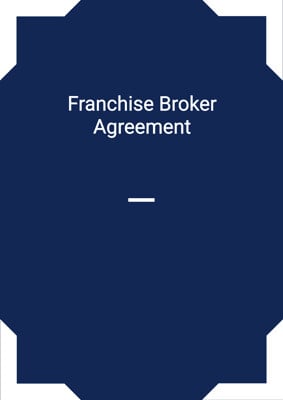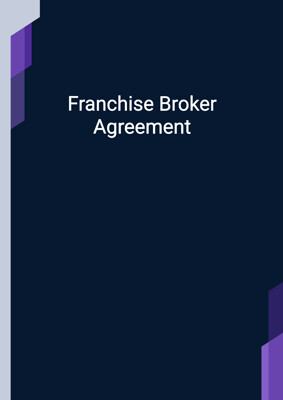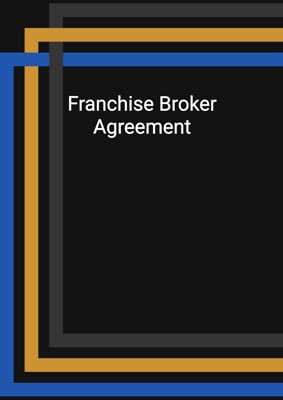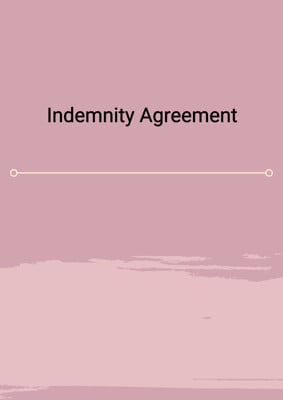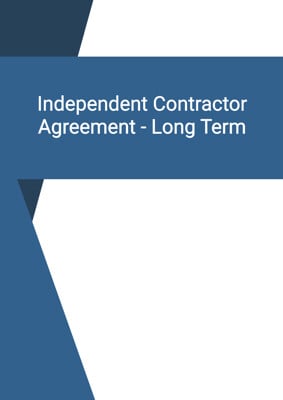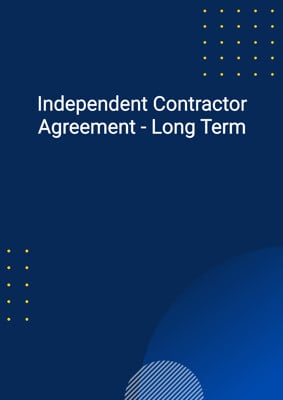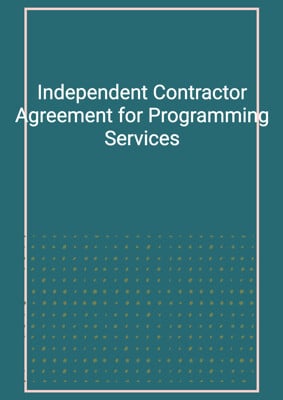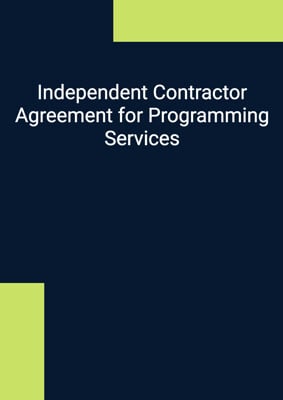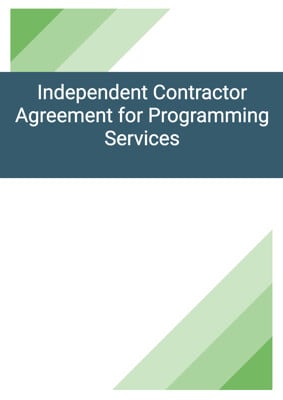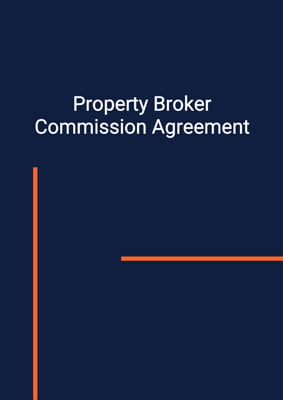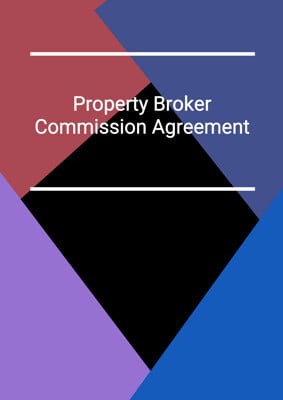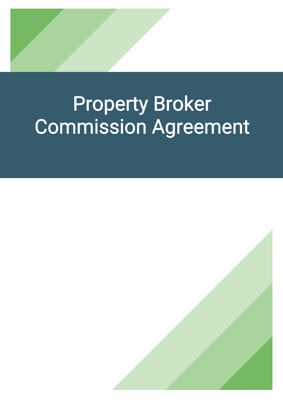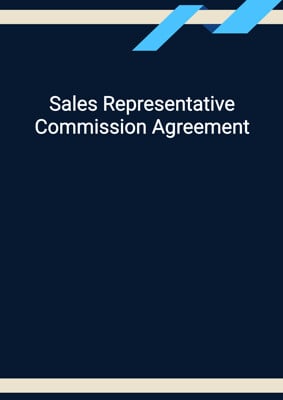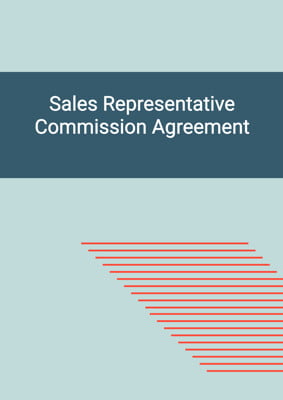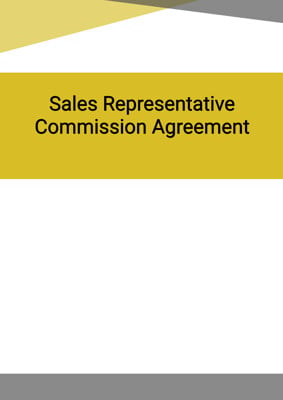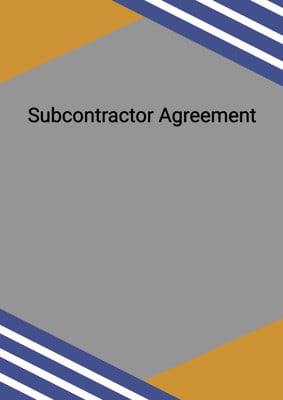How to Tailor the Document for Your Need?
01
Create Document
Fill in the details of the parties. You can click the "Fill with Member’s Information" button to complete it with information saved to your account.
02
Fill Information
Please fill in any additional information by following the step-by-step guide on the left hand side of the preview document and click the "Next" button.
03
Get Document
When you are done, click the "Get Document" button and you can download the document in Word or PDF format.
04
Review Document
Please get all parties to review the document carefully and make any final modifications to ensure that the details are correct before signing the document.
Document Preview
Document Description
The Director's Service Agreement is a document that outlines the terms and conditions of the engagement between a company and a director. It is a legally binding agreement that establishes the rights, responsibilities, and obligations of both parties. The importance of this document cannot be overstated, as it ensures that both the company and the director are on the same page and have a clear understanding of their roles and expectations.
The entire document is divided into several sections, each addressing a specific aspect of the agreement. The first section, titled 'Duties and Job Description,' outlines the director's role as an independent contractor and the services they are expected to provide. It emphasizes the director's commitment to fulfilling their duties and the company's responsibility to provide the necessary resources for them to do so.
The second section, 'Period of Engagement,' specifies the start date of the director's work and the conditions under which the agreement can be terminated. It clarifies that the director is an independent contractor and not an employee of the company, and it allows the director to engage in other business activities as long as they do not conflict with their obligations to the company.
The third section, 'Return of Property,' addresses the return of any company property in the director's possession at the termination of the agreement. It highlights the director's obligation to promptly deliver all company property and documents and emphasizes the company's exclusive ownership of such property.
The fourth section, 'Remuneration,' outlines the director's fee and the reimbursement of expenses incurred in the performance of their duties. It clarifies that the director is responsible for their own taxes and specifies the expenses that can be reimbursed by the company.
The fifth section, 'Discipline,' sets forth the director's obligation to abide by the company's rules and regulations and prohibits them from engaging in any activities that may create a conflict of interest. It also requires the director to disclose any conflicts of interest or breaches of their obligations.
The sixth section, 'Termination,' enumerates the circumstances under which the company can terminate the agreement, including breaches of the agreement, resignation, incapacitation, or misconduct by the director. It also outlines the director's obligations after termination, such as assisting the company in litigation if necessary.
The seventh section, 'Disputes,' specifies the governing law and the procedure for resolving disputes through voluntary mediation and, if necessary, through the jurisdiction state courts.
The eighth section, 'Entire Agreement,' emphasizes that any modifications to the agreement must be in writing and signed by both parties. It also clarifies that the agreement is binding on both parties and any successors of the company.
The ninth section, 'Confidentiality,' addresses the director's obligation to keep the company's confidential information confidential and not to make unauthorized copies or disclosures of such information.
The tenth section, 'Intellectual Property,' outlines the director's obligations regarding intellectual property created during the engagement and grants the company full rights and interest in such intellectual property.
The eleventh section, 'Non-Solicitation, Conflict, and Non-Competition,' restricts the director from soliciting the company's customers, clients, manufacturers, or suppliers and from engaging in activities that may create a conflict of interest. It also prohibits the director from competing with the company for a certain period after the termination of the agreement.
The twelfth section, 'Rights of Third Party,' clarifies that the agreement does not confer any rights on third parties.
The thirteenth section, 'Personal Contract,' emphasizes that the director's rights and obligations under the agreement cannot be transferred or delegated to any third party.
The fourteenth section, 'Execution,' confirms that the terms of the agreement have been accepted by both parties and acknowledges that the director has received a copy of the agreement and understands its contents.
Overall, the Director's Service Agreement is a comprehensive document that covers all aspects of the engagement between a company and a director. It ensures that both parties are aware of their rights and responsibilities and provides a framework for resolving any disputes that may arise.
How to use this document?
1. Review the entire document to familiarize yourself with its contents and understand the importance of each section.
2. When entering into the agreement, ensure that the company's and director's information, including their principal place of business, is accurately provided. This will help in clearly identifying both parties.
3. Specify the agreed price and completion date of the work to be carried out by the director. This will ensure that both parties are aware of the expectations and deadlines.
4. Clearly describe the type(s) of services to be provided by the director. This will help in avoiding any misunderstandings and ensuring that both parties are aware of the scope of work.
5. Agree on the length of the warranty and the time of payment after the completion of the work. This will ensure that both parties are aware of the payment terms and the length of the warranty.
6. If the work is not completed by the completion date, specify the amount of damages per week that the company is entitled to. This will make both parties aware of the consequences of non-completion.
7. Ensure that all property, including files, manuals, equipment, and monies related to the provision of services, is returned to the company upon termination of the agreement or upon the company's request.
8. Pay the director a director's fee per annum as specified in the agreement. Also, reimburse the director for any approved expenses incurred in connection with the provision of services.
9. Abide by all the rules and regulations of the company and avoid engaging in any activities that may create a conflict of interest.
10. Promptly disclose any conflicts of interest or breaches of obligations to the company.
11. Terminate the agreement if any of the specified events occur, such as breach of the agreement, resignation, incapacitation, or misconduct by the director.
12. Seek voluntary mediation to resolve any disputes related to the agreement. If mediation is unsuccessful, submit to the jurisdiction state courts.
13. Ensure that any modifications to the agreement are in writing and signed by both parties.
14. Keep the company's confidential information confidential and do not make unauthorized copies or disclosures of such information.
15. Promptly furnish the company with a complete record of any intellectual property created during the engagement and sign any further documents necessary to assign the rights to the company.
16. Do not solicit or approach any of the company's customers, clients, manufacturers, or suppliers for a certain period upon the discharge of the agreement.
17. Do not engage in any activities that may create a conflict of interest or compete with the company's business.
18. Understand that the agreement is a personal contract and cannot be transferred or delegated to any third party.
19. Ensure that the agreement is executed by both parties and that the director acknowledges having received a copy of the agreement and understands its contents.
20. Seek legal consultation and advice if necessary to fully understand the terms and conditions of the agreement.
Not the right document?
Don’t worry, we have thousands of documents for you to choose from:



